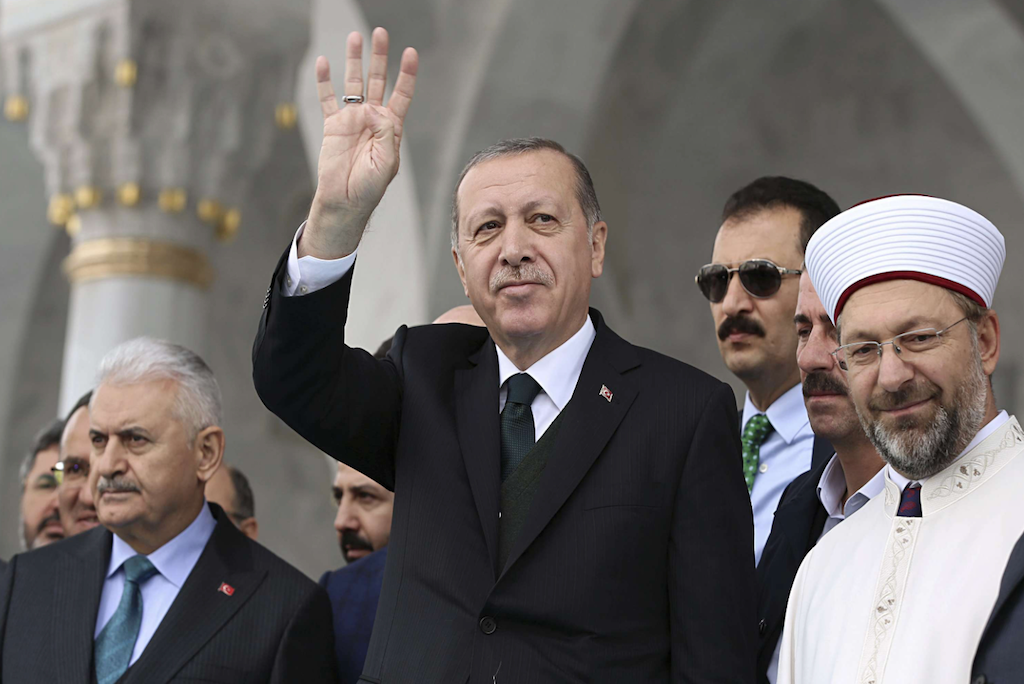The Parliamentary Assembly of the Council of Europe (PACE) will monitor the activities of Turkey’s Directorate of Religious Affairs (Diyanet) in Europe and the foreign funding of Islam, according to a report titled “Regulating foreign funding of Islam in Europe in order to prevent radicalisation and Islamophobia” released on Oct. 10 in Strasbourg, according to online news outlet Ahval.
The purpose of the report is to ascertain to what to extent the foreign funding of Islam in Europe is or is not transparent. The report asks if it is not transparent enough, to what extent does this lack of transparency really allow the phenomenon of radicalization to flourish?
The report suggests monitoring the activities of Muslim organizations in Europe and asking them to provide financial sources, as Austrian authorities did to reduce the influence of ATİB, the local branch of the Diyanet in Austria.
Furthermore, imams of Turkish origin working for the Diyanet who were involved in espionage activities in Germany, Austria and Switzerland were described as having “allegedly abused their position to take part in such activities” in the report.
The Diyanet sees Islam as one of the features of the identity of Turkish citizens living abroad or European citizens of Turkish origin and, as such, part of a political strategy based on a mixture of religious beliefs and national pride, which some observers have called Islamo-nationalism. Thus, even if the Diyanet trains, sends and pays the salaries of imams in mosques controlled by its local branches, such as the ATİB in Austria or the DİTİB in Germany, their goal is by no means messianic.
In January 2017, the Turkish-Islamic Union for Religious Affairs (DİTİB) admitted that some of its imams in Europe had spied for the Turkish government and supplied Ankara with intelligence on people supposedly linked to the Gülen movement, a religious group the Turkish government accuses of masterminding a coup attempt in July 2016.
The report also stressed that the member states should also be able to put a stop to attempts to “indoctrinate the youth by instrumentalizing religion.”
“This seems to have been the case in Austria in a kindergarten in Vienna where a structure linked to Diyanet insisted in its pedagogical project on ‘Turkishness’ and the religion,” the report said.















